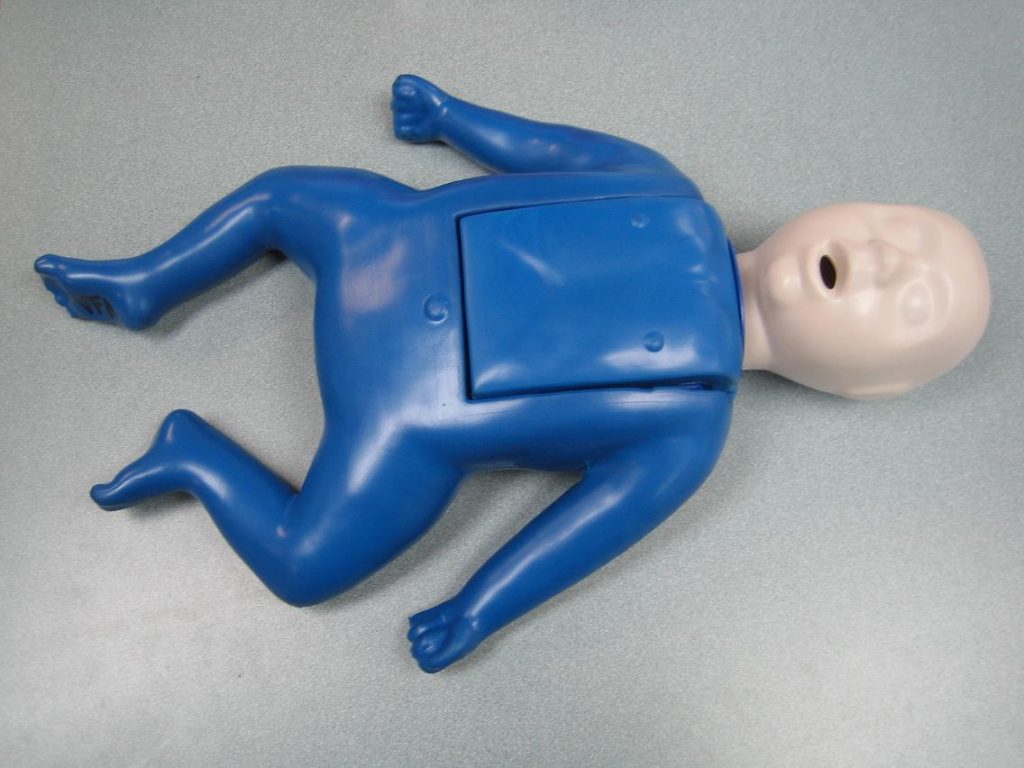Heavy menstrual periods or menorrhagia are the most prevalent form of irregular bleeding from the uterus. There is excessive bleeding that can be described as loss of blood that is more than 80 ml over the course of menstruation or one that last for more than a week. Women of childbearing age, adolescents who just started menstruating and menopausal women are susceptible to this condition.
Symptoms
- Passing out large-sized blood clots during menstruation
- One that lasts more than 7 days
- Disruption with sleep and daily activities

Severe and continuous cramping of the lower abdomen during a period. - Fatigue and shortness of breath
- Severe and continuous cramping of the lower abdomen during a period
- Headaches
- Mood swings
- Severe weakness
Causes of heavy menstrual periods
- Uterine polyps
- Hormonal imbalance in the body
- Miscarriage or ectopic pregnancy
- Using blood thinners
- Fibroids or non-cancerous tumors that develop on the uterus
- Side effects of using intrauterine devices such as IUD as birth control
- Medical conditions such as adenomyosis, pelvic inflammatory disease and other conditions that prevents normal blood clotting.
Treatment
- Apply a cold compress on the lower abdomen to lessen the pain due to heavy menstrual periods. The cold temperature will constrict the blood vessels to lessen the blood flow and pain in the lower abdomen for 15-20 minutes. Lie down and relax. Repeat every 4 hours until the symptoms lessen. Avoid applying ice directly on the skin to prevent further damage. Wrap the ice pack using a towel or a cloth before applying on the area.
- Apply a hot water bottle to the lower abdomen and at the back to lessen the pain.
- Apple cider vinegar functions as a tonic to flush out toxins from the body and hormonal balance. It also lessens symptoms such as headaches, cramping, irritability and fatigue. Mix 1-2 teaspoon of unfiltered apple cider vinegar in a glass of water and drink this solution at least 3 times every day during menstrual period.
- Take the prescribed over-the-counter anti-inflammatory medications such as ibuprofen and naproxen to lessen the loss of blood and pain. Hormone therapy can help stabilize the lining of the uterus or endometrium to regulate menstrual cycles or hormonal imbalances.
- Eat foods rich in iron such as dark green vegetables, pumpkin, legumes, egg yolk, red meat, prunes and cereals fortified with iron. Another alternative is taking iron supplements.
- Magnesium is needed to balance the hormones such as progesterone and estrogen. Heavy periods can be due to deficiency of magnesium in the body. Eat magnesium-rich foods such as avocado, oats, nuts and seeds, pumpkin, watermelon and squash.
Tips
- Perform regularly moderate exercises such as brisk walking, jogging, bicycling and swimming.
- Take a warm bath to lessen the pain, tension and relax the muscles
- Take at least 7-8 hours of sleep. Lack of sleep worsens the condition.
- Avoid lifting heavy weights during menstruation.
FACT CHECK
https://www.healthline.com/health/why-is-my-period-heavy
https://www.webmd.com/women/heavy-period-causes-treatments#1
https://www.mayoclinic.org/diseases-conditions/menorrhagia/symptoms-causes/syc-20352829
